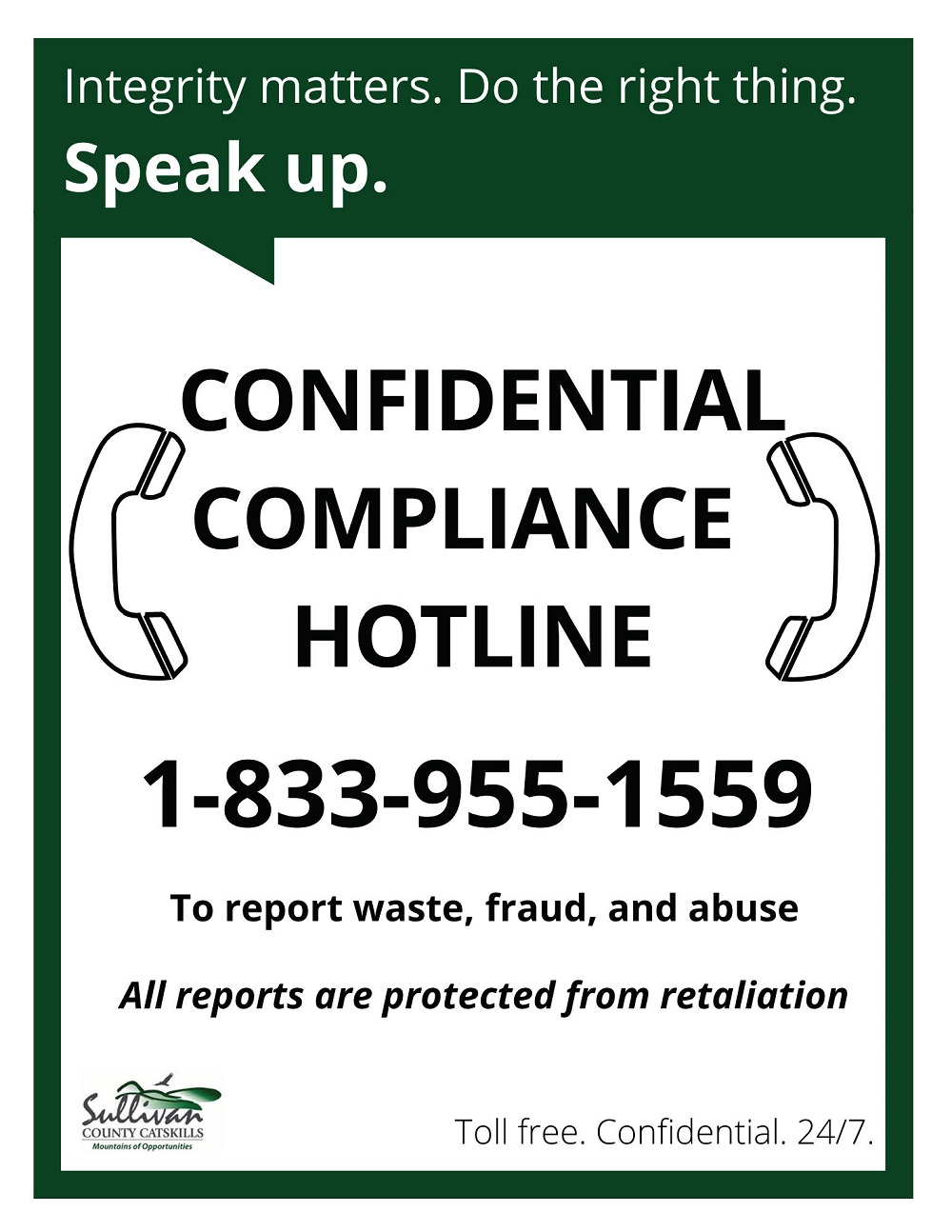
To date, there have not been any mosquitoes of the species that can transmit the Zika Virus identified in Sullivan County.
The Zika virus disease is spread to people through the bite of an Aedes mosquito infected with the Zika virus. These mosquitoes are aggressive daytime biters but can also bite at night. They can live indoors and outdoors. Zika virus outbreaks have occurred in Africa, Southeast Asia, the Pacific Islands, and the Americas. For a current map of areas with Zika transmission, visit: https://www.cdc.gov/zika/geo/index.html, and Zika Virus Recommendations for Travelers (CDC) for the most up to date guidance.
The most common symptoms of Zika virus disease are fever, rash, joint pain, and conjunctivitis (red eyes). Additional symptoms may include headache, muscle pain, pain behind the eyes, and vomiting. If you have travelled to an area with ongoing Zika transmission you should see your health care provider if symptoms begin. There currently is no vaccine or medications to prevent or treat Zika.
Zika virus can be spread from a pregnant mother to her unborn child and is associated with reports of increased cases of a birth defect called microcephaly. Pregnant women should consider postponing travel to areas where Zika is ongoing, and if travel is necessary should talk to their health care provider.
Preventative measures recommended to avoid mosquito bites include:
- Wearing long sleeve shirts and pants
- Stay indoors when mosquitoes are most active
- Use repellant products registered with the EPA
- Do not overuse repellant – only apply as much as needed for protection
- Read and follow label directions before using any kind of repellant
The public can help control the mosquito population by taking steps to reduce their habitat as the Aedes mosquitoes breeds in containers with clean water.
How can you help control the mosquito population?
- Once a week, empty and scrub, turn over, cover, or throw out items that hold water, such as buckets, tires, planters, toys, pools, flowerpots and trash containers.
- If these mosquito breeding containers cannot be emptied out, use a mosquito dunk kit.
- Free mosquito Dunk kits are available for the public by calling Sullivan County Public Health at 845-292-5910, Ext. 0.
- Tightly cover water storage containers to prevent mosquitoes from laying their eggs in them.
- Use screens on windows and doors and repair any holes to help keep mosquitoes out of your home; use air conditioning whenever possible.
- To prevent mosquito bites, use an EPA-registered insect repellant. Always use repellant according to package directions.
Related Links
Protecting Children from Mosquito Bites at Camp: English or Spanish

